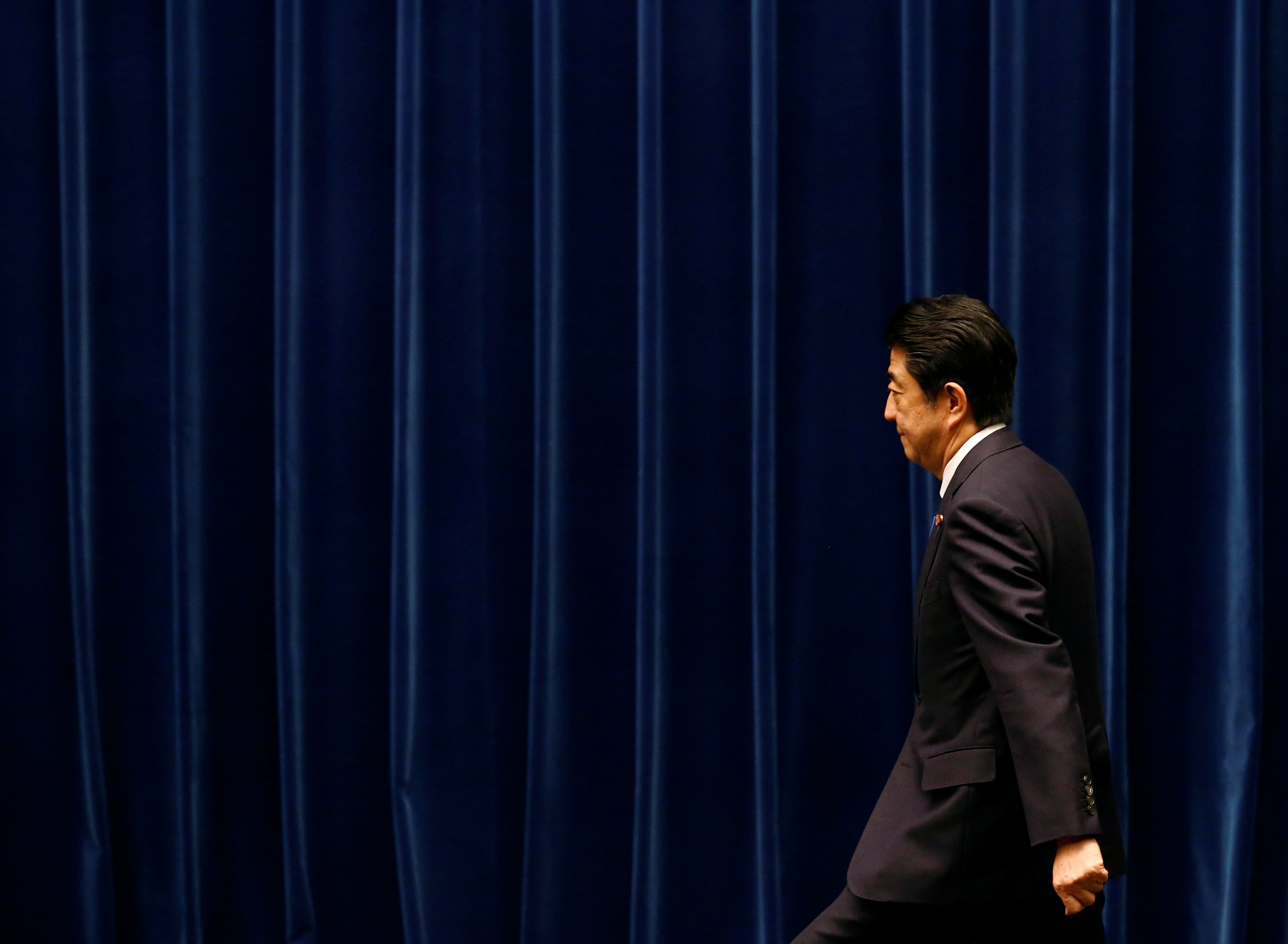Prime Minister Shinzo Abe is doing it again: campaigning on Abenomics while distracting voters' attention away from his real agenda. When he got elected in 2012, Abe ran on Abenomics and kept his revisionist political and historical agenda under wraps, knowing that it does not resonate with voters. He then passed the unpopular secrecy law. In 2014, he called a snap election and again campaigned on Abenomics, diverting attention from his plans to lift constitutional constraints on Japan's military. Subsequently, in 2015, he signed on to new U.S.-Japan defense guidelines that expand what Japan is prepared to do militarily to support its allies. That same year he pushed through enabling legislation despite negligible public support — in the form of massive demonstrations and polls indicating majority opposition to his plans — for his goal of overturning Japan's postwar laws on security policy. Subsequently citizens have filed a series of lawsuits nationwide against the legislation, arguing that it violates their constitutional rights.
The "Abe Doctrine" has thus been imposed by political elites without gaining public understanding or support. Abe can't claim an electoral mandate for this doctrine because he deliberately ignored it in his campaign. Policy wonks in Washington and Tokyo insist that the public needs to become more realistic and abandon pacifist norms without understanding why they have proven so resilient and why the Abe Doctrine is so unappealing to the public. In the current campaign, Abe is still harping on Abenomics because his goal of revising the Constitution is unpopular. Abenomics has been an unmitigated failure — it has neither revived the economy nor boosted household income, there have been no structural reforms and job growth has been concentrated in low paid, nonregular employment — and this is widely recognized within business circles and the wider public. Indeed, by yet again postponing the planned tax increase, Abe has implied that he has been unable to revive the economy. However, on the hustings, he calls on people to stay the course, promising to rev up Abenomics and really get the economy humming. "It just needs more time," he pleads. Right. Three-and-a-half years after he promised it would take only two years, Abe is still holding out hope and banking on the feeble opposition to secure a two-thirds majority in the Upper House — a crucial hurdle to his goal of revising the Constitution.
That feeble opposition is pointing out that earlier this year, Abe spilled the beans about wanting to push through constitutional revision. In March, he admitted during Diet interpellations that he had not yet won public understanding for this cherished goal. Apparently he doesn't think that an election campaign is an ideal venue for detailing his plans to revise the Constitution, so he is resorting to the mendacious bait-and-switch strategy that has served him well. Taking down Japan's pacifist and popularly supported Article 9 is the obvious target.


















With your current subscription plan you can comment on stories. However, before writing your first comment, please create a display name in the Profile section of your subscriber account page.